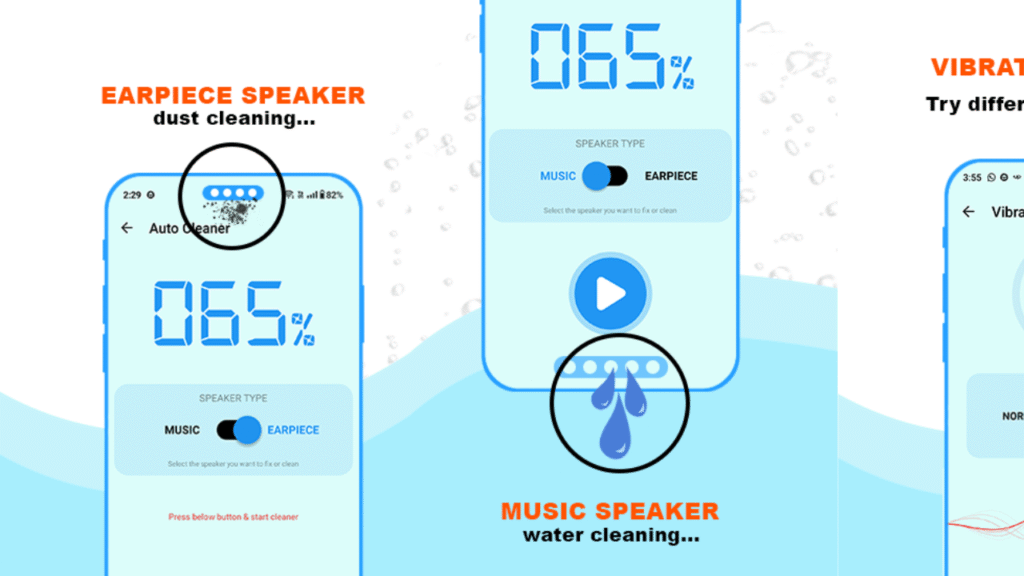Critical illness insurance is a specific type of health policy aimed at providing financial support if the insured is diagnosed with a serious medical condition specified in the policy. Unlike standard health insurance that covers medical costs, critical illness insurance delivers a one-time payment that can be used for medical care, lifestyle changes, or other financial responsibilities. This insurance is especially useful for those wanting financial security during a serious health crisis.
Key Advantages of Critical Illness Insurance
Lump-Sum Payment: When a covered illness is diagnosed, the insurer gives a one-time, tax-free payment. This can be utilized for medical treatments, everyday expenses, debt repayment, or any financial needs.
Broad Coverage: Many plans cover a variety of critical illnesses, such as cancer, heart attacks, strokes, kidney failure, major organ transplants, paralysis, and neurological conditions like Alzheimer’s and Parkinson’s disease.
Financial Protection: The payment helps cover significant medical costs, replaces lost income during recovery, and allows the insured to keep their living standards without financial strain.

Flexible Plans: Policyholders can select the insured amount, duration of coverage, and any additional options based on their health care needs and financial situation.
Premium Waiver: Some insurers provide a feature where future premiums are waived after a claim is made, enabling continued coverage without extra costs.
Tax Advantages: In various countries, the premiums paid for critical illness insurance can be deducted from taxes under relevant tax regulations, making it a tax-efficient option.
Coverage Choices and Considerations
Covered Illnesses: Each insurer has a different list of covered illnesses, which can vary by policy. Some may include early-stage conditions, while others focus on severe or life-threatening diseases.
Waiting Period: Most policies enforce a waiting period (e.g., 30 to 90 days) before claims can be submitted. It is crucial to understand these terms before buying a policy.
Survival Period: Some insurers require the insured to live for a certain period (e.g., 30 days) after diagnosis to receive the payout.
Partial vs. Full Payout: Certain policies offer partial payouts for early-stage diagnoses, while others provide full payments only for advanced illnesses.
Premium Costs: Premiums vary based on factors such as age, health history, coverage amount, and the number of illnesses included. Policies with higher coverage and extensive illness lists may have higher premiums.
Exclusions in Critical Illness Insurance
Pre-existing Conditions: Most insurance providers do not cover illnesses that were diagnosed before the policy was bought.
Self-inflicted Injuries: Conditions resulting from self-harm or suicide attempts are typically excluded.
Congenital Diseases: Conditions present at birth or inherited disorders generally are not covered.
HIV/AIDS: Most policies do not cover claims related to HIV/AIDS and its complications.
Substance Abuse: Illnesses caused by alcohol or drug misuse are usually not included.
Illnesses Diagnosed During Waiting Period: Any illness identified during the waiting period is not eligible for claims.
Who Should Consider Critical Illness Insurance?
Individuals with a Family History of Critical Illnesses: Those with a genetic risk for conditions such as heart disease or cancer may find this coverage beneficial.
Sole Breadwinners: Those whose families rely on their income can gain financial security from this insurance.
Self-Employed Individuals: Without employer-sponsored health coverage, this insurance can provide a safeguard against financial difficulties during health crises.
People Seeking Additional Protection: Individuals with existing health insurance who desire extra financial security for serious illnesses.
Conclusion
Critical illness insurance serves as an important financial resource for those wanting protection against severe health issues. It offers a lump-sum payment that supports financial stability, covers medical costs, and compensates for lost earnings. When choosing a policy, it is important to compare coverage options, exclusions, and waiting periods to find a plan that meets individual requirements. Investing in critical illness insurance provides peace of mind and financial strength in the face of serious health challenges.






